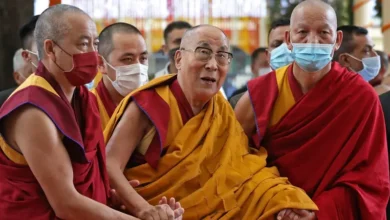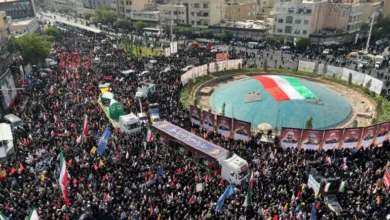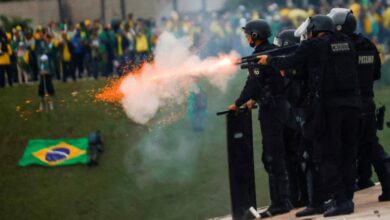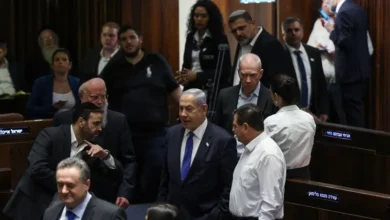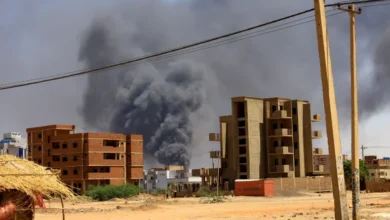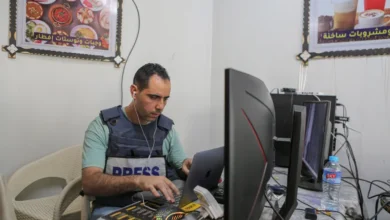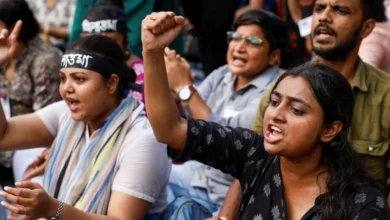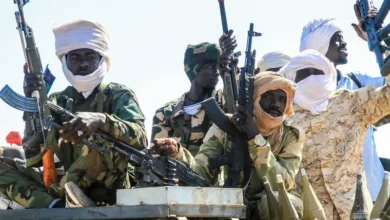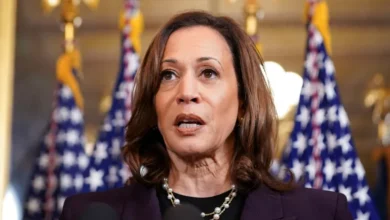Does Tunisia’s presidential election matter? What’s at stake?
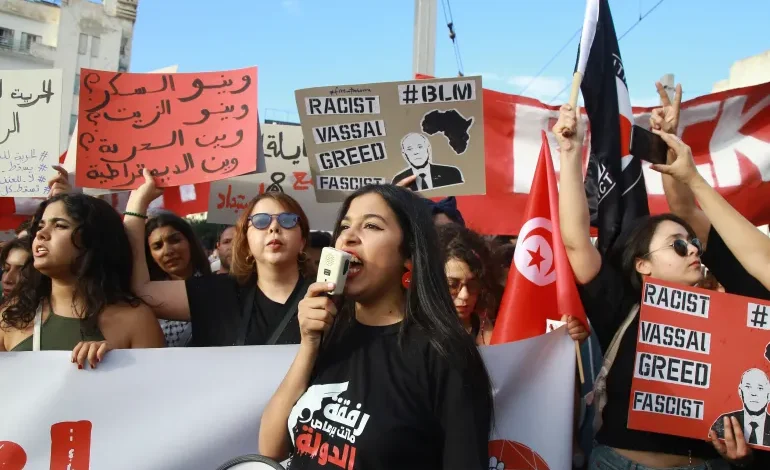
Sunday’s election in Tunisia will mark the first since President Kais Saied was elected to power as an independent with no prior political experience in 2019 and later extended his rule in a “self-coup” in July 2021. He suspended parliament, dismissed the prime minister, Hichem Mechichi, and assumed executive authority.
Rights groups, both international and domestic, have decried plummeting standards in civil liberties, freedom of speech and the waves of arbitrary arrests to have targeted the president’s critics and opponents under Saied’s presidency.
Nevertheless, against a backdrop of widespread public disillusionment with party politics, few doubt that Saied will be returned for a second term in an electionIn the wake of the revolution, the appetite for political engagement was almost tangible. Rights groups, NGOs and individual activists surged forward, eager to take part in a society that was rediscovering itself after years of autocracy. widely regarded by observers at home and abroad as “rigged” in advance.
How far has Tunisia fallen?
A long way.
While far from perfect, Tunisia had long been hailed as the sole success of the series of 2011 revolutions that some observers termed the “Arab Spring”. In Tunisia, the uprising – referred to by some as the Jasmine Revolution – culminated in the ousting of dictator Zine El Abidine Ben Ali in January 2011.
Even the assassinations of two high profile politicians, Chokri Belaid and Mohamed Brahmi, in 2013 failed to derail the transition from autocracy to democracy, with tens of thousands of Tunisians returning to the streets to defend the gains made since 2011.
The unrest, rather than crush the hopes of 2011, prompted the intervention of four of the country’s major civil society organisations, the country’s general labour union, the UGTT; the commercial union, UTICA; the Tunisian Human Rights League, LTDH; and the bar association, ONAS – which together ensured parliamentary democracy withstood the shock and the transition remained on course.
The groups’ efforts were later recognised internationally, with each awarded the Nobel Peace Prize in 2015.
Tunisia’s democracy was messy. For the 10 years between Tunisia’s revolution and its current president’s power grab, the country experienced nine wildly unstable governments.
Against a background of ingrained unemployment, economic decline and religiously inspired unrest, Tunisia’s politicians faced accusations that they were prioritising self interest and alliance-building above firm action, not least in confronting the country’s security services and economy, which remained almost entirely unreformed.
Tunisia’s final parliament before its dissolution in 2021 proved to be especially chaotic. Arguments between the parliament’s members frequently turned violent, politicians staged sit-ins within the chamber and one member, Abir Moussi – a vocal opponent of Saied who was arrested in 2023 – arrived for a debate dressed in body armour and a crash helmet in May 2021.
Meanwhile, poverty, protests and social unrest were growing, causing popular disillusionment with party politics and, particularly, with the country’s dominant political party, the self-styled Muslim democrats, Ennahdha.
Still, this period saw Tunisia enact some landmark laws too.
